A fundamental economic shift is Toronto downtown is benefiting from ‘Hyper-concentration’ of knowledge jobs in an economic shift as traditional manufacturing employment evaporates across much of southern Ontario, a new report warns, and the trend has major ramifications for public transit and land-use planning.
The study, released days after General Motors announced the shutdown of its assembly plant in Oshawa, Ont., says the lopsided job growth is a permanent change, not a cyclical pattern. It warns Toronto’s transit system will be placed under further strain. The report also argues smaller communities outside the city should seek to attract the jobs of the future, rather than cling to dying industries.
The report, funded by the Ontario government and produced by the Neptis Foundation urban-planning think tank, uses data based on the locations of jobs across what policymakers refer to as the Greater Golden Horseshoe (GGH), the region that surrounds Toronto and runs from Niagara to Peterborough.
Overall, the number of jobs in the region has grown. But from 2006 to 2016, Toronto’s downtown gained 67,000 of what the study calls “core” jobs, or jobs that bring income into the region and drive growth, as opposed to jobs such as those in retail that largely serve local residents. Many of those downtown jobs are “knowledge-based,” in industries such as finance or technology or “higher-order business services” such as accounting or law, which tend to cluster together.
“It’s happening in a way that is both high growth, and highly disruptive at the same time,” study author Pamela Blais, a planner with a doctorate in urban economic geography from the London School of Economics, said in an interview. “It’s not this kind of gentle evolution towards the knowledge economy that’s we’ve seen previously. This is a definite shift.”
General Motors of Canada’s (GM) “closing of its major car manufacturing plant in Oshawa eliminating 2,700 jobs” appears tailor-made to illustrate that shift. While closing the Oshawa plant, the company has pointed to its new investment in Markham – one of a handful of suburban centres for knowledge jobs identified in the report – where GM plans to hire 700 engineers to work on its designs for driverless cars. GM has also announced plans for an “urban innovation lab” on the east side of central Toronto.
But Dr. Blais’s numbers show Toronto downtown is even far outpacing other, more suburban areas where new knowledge-intensive “core” jobs had been growing in the past, such as Markham, Vaughan and the area around Pearson International Airport, which her report refers to as employment “megazones.” Core job growth was also weaker in Toronto’s own inner suburbs.
For Toronto, the blessing of all these new jobs may also be a curse, as the city struggles to expand its public-transit system to keep up. Dr. Blais’s report suggests the Toronto region should look to plan for a “second downtown,” which would need good transit to attract knowledge-intensive jobs and complement Toronto’s now-bustling centre
Source: Globe And Mail
Thinking to sell your house or Condo in Central Toronto areas and/or in downtown Toronto areas? Please call, text or email Max Seal, Broker at 647-294-1177. Please visit http://www.TorontoHomesMax.com for a FREE Home Evaluation“.
Thinking to buy a House or Condo in Central Toronto areas and/or in Downtown Toronto areas? please call or text Max Seal, Broker at 647-294-1177 to buy your dream home or Condo. I offer you a 30-min “FREE buyer’s consultation” with NO obligation.
Please visit my website http://www.centraltorontorealestate.com/ to find out available homes and Condos for sale in Central Toronto areas and/or in downtown Toronto areas.
This Toronto housing market may be a better time for “Move-up”, “Move-down” or “Empty-nester” Sellers and Buyers. Want a “Market Update” of your home in 2018? Please click the image below or call or text Max Seal, Broker at 647-294-1177 or send an email.
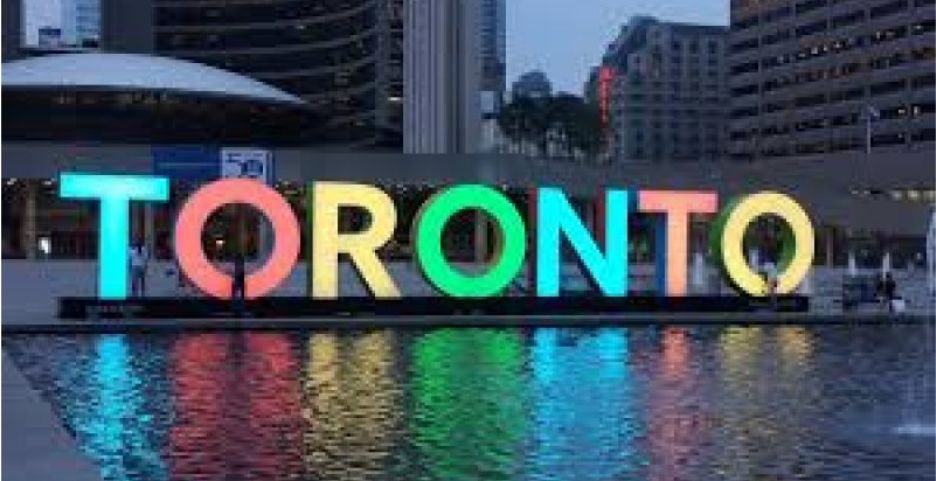
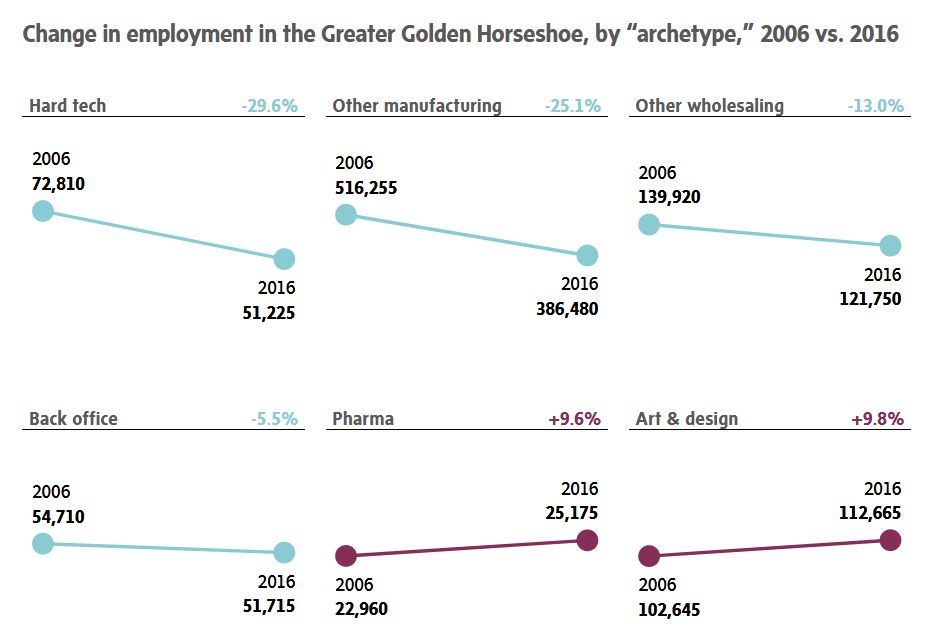
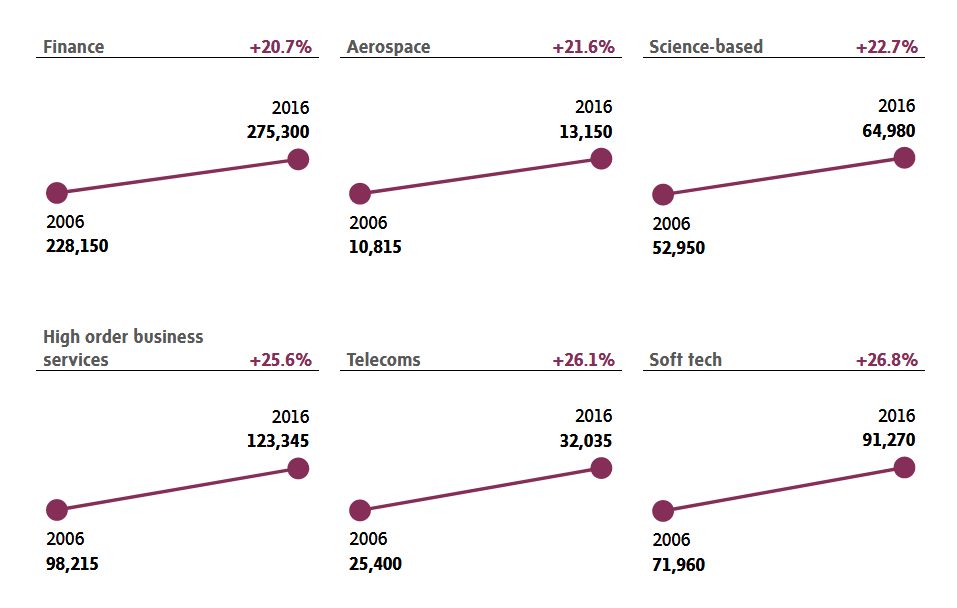
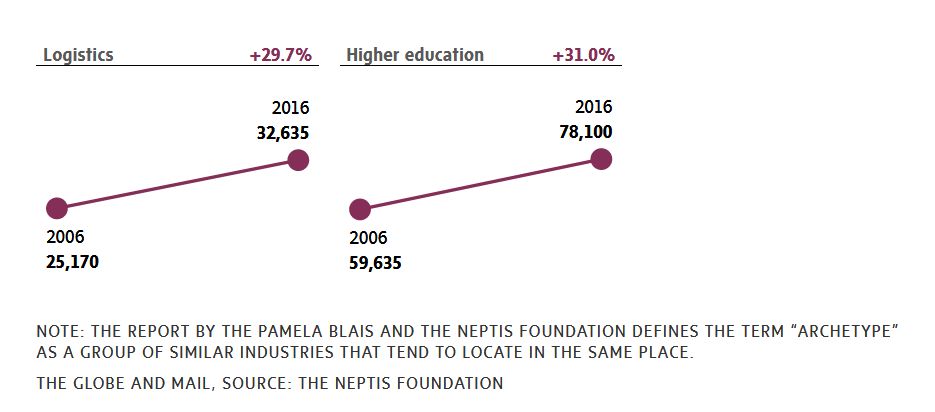
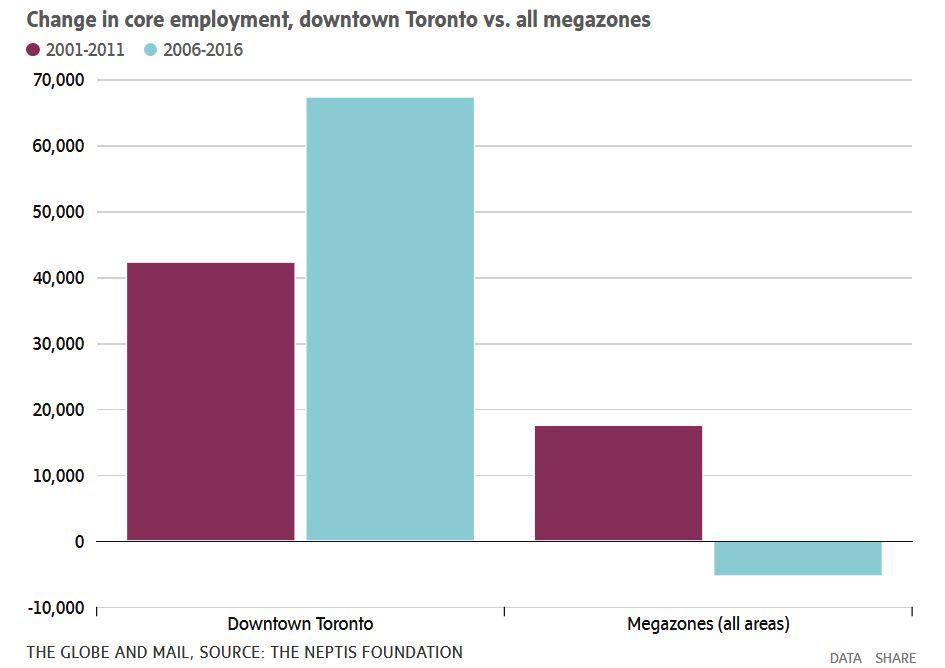
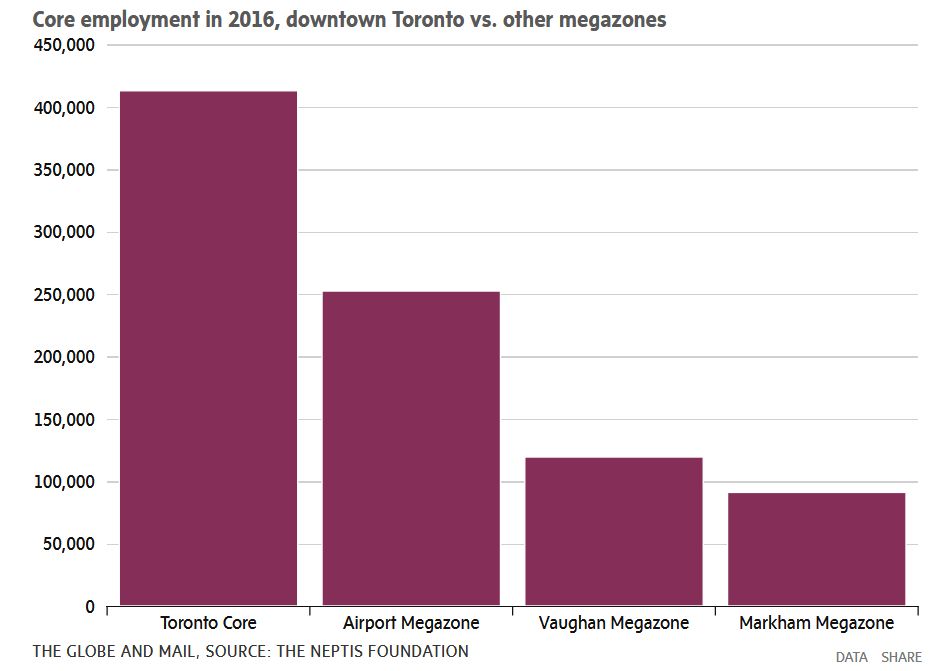

Leave a Reply